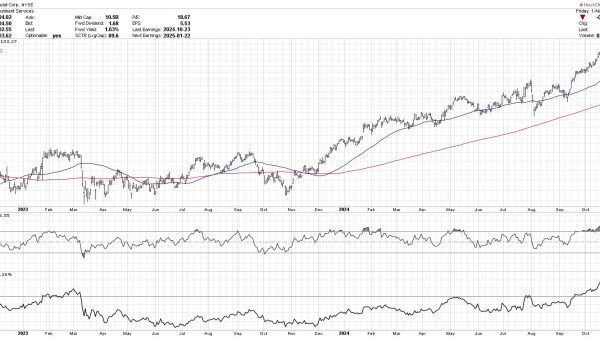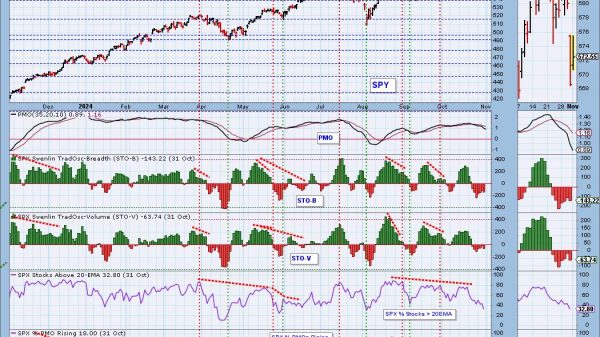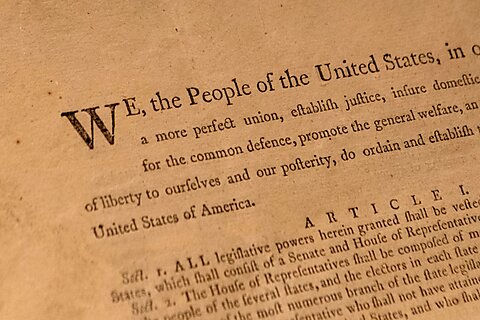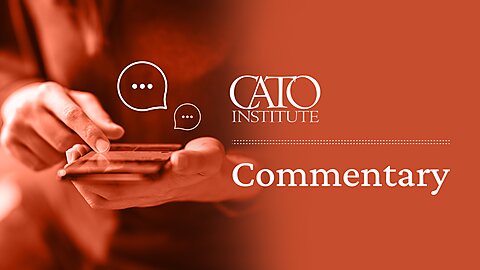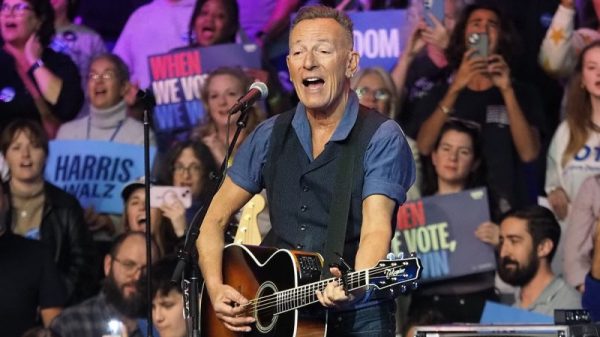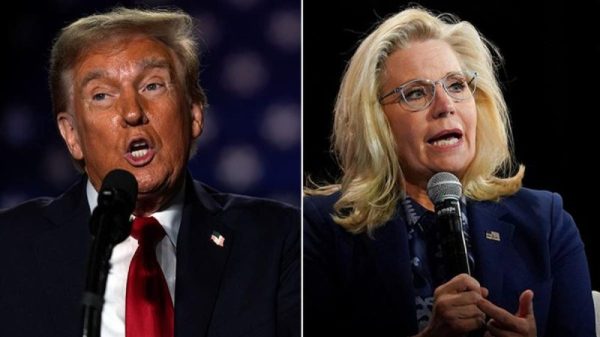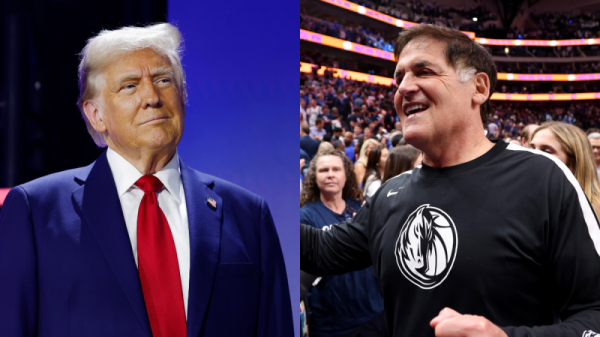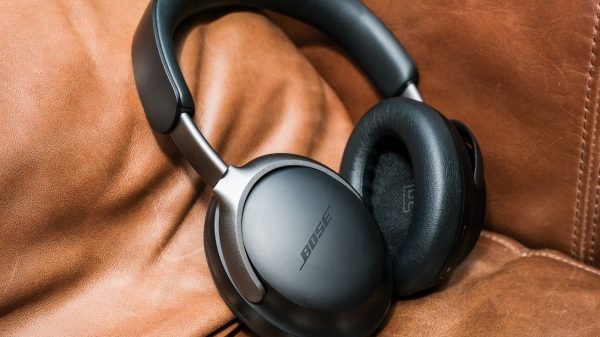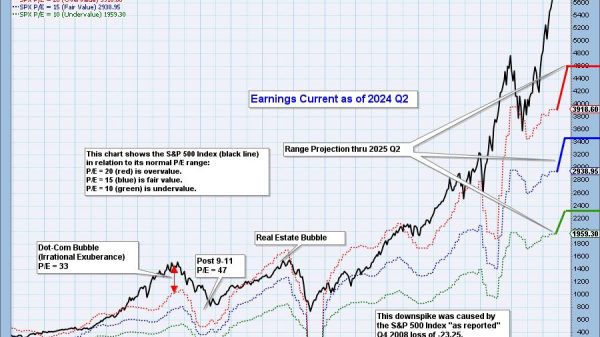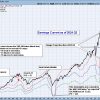
A former president, a Kennedy, a pop star, and a tech giant have all thrown their names behind a presidential candidate this year — but will it make a difference?
Former President Obama, Robert F. Kennedy, Jr. and Taylor Swift are the only individuals to receive net positive personal ratings among nine figures tested, including the current presidential and vice presidential candidates.
The new Fox News survey finds Obama with the best rating at +10 points net positive (55% favorable vs. 45% unfavorable). Still, that’s nowhere near the +28-point rating he had in May 2020 (63%, 35%) the last time the survey asked.
Kennedy bests Swift with a +7 net positive rating (51% favorable, 44% unfavorable), while she garners a positive rating of +3 (49%, 46%).
Obama has been campaigning for Vice President Kamala Harris, while Swift endorsed her in September. Kennedy dropped out of the presidential race in August and endorsed former President Trump.
The other notable endorsement comes from businessman Elon Musk, who endorsed Trump over the summer. Musk’s personal rating is underwater by 4 points (44% favorable, 48% unfavorable).
Those who have a favorable view of Obama back Harris by 61 points, while those with a positive view of Swift back her by 49 points.
Voters with a favorable view of Musk back Trump by 67 points, while those who like Kennedy back the former president by 45 points.
The current presidential and vice presidential candidates fare worse than their high-profile endorsers. Harris is underwater by 5 points (47% favorable, 52% unfavorable) while Trump is at negative 4 (48%, 52%). Trump’s rating is an improvement from his -8 rating in September, while Harris’ numbers are worse than her -2 net favorability a month ago.
Sen. JD Vance, R-Ohio, and Minnesota Gov. Tim Walz each received a negative 3 rating. Vance improved since September (-12), while Walz went from a positive 3 rating to a -3.
The vice presidential candidates squared off in a debate on Oct. 1.
President Biden is at the bottom of the scoreboard with a -22 rating (39% favorable, 61% unfavorable).
At least 7 in 10 Democrats have a favorable view of Obama, Harris, Walz, Biden and Swift, while at least 7 in 10 Republicans have a favorable view of Trump, Vance, Musk and Kennedy.
The only individual getting a majority favorable rating among independents is Obama (54% favorable, 44% unfavorable).
At least half of men and women have a favorable view of Obama, but that’s where the similarities between the genders end. At least half of men have positive opinions of Kennedy, Trump and Musk, while for women it’s Swift and Harris.
Majorities of Black voters have a favorable opinion of Obama, Harris, Walz and Biden and just over half favor Swift, while just over half of White voters favor Kennedy and Trump.
One more thing…
In August, 7 in 10 voters felt political debate in the U.S. was overheated and dangerous, while a quarter said it was heated but healthy — and that’s exactly where things stand today.
What has changed, however, is who they blame for the state of things. In August, those saying rhetoric was overheated blamed the Republican Party by 16 points (44% GOP, 28% Dem) and that gap has shrunk to just 2 points today (45% GOP vs. 43% Dem).
Key groups across the board are now more likely to point to Democrats, including Democrats themselves. In August, 5% of Democrats blamed their party, while it’s 15% today, a 10-point jump.
Seventy percent of Republicans blame the Democratic Party for overheated and dangerous debate, up from 55 percent in August.
Independents jumped from 14% blaming the Democratic Party in August to 38% now. Still, they continue to blame the Republican Party slightly more at 41%, up from 26% in August.
Conducted Oct. 11-14 under the direction of Beacon Research (D) and Shaw & Company Research (R), this Fox News survey includes interviews with a sample of 1,110 registered voters randomly selected from a national voter file. Respondents spoke with live interviewers on landlines (129) and cellphones (719) or completed the survey online after receiving a text (262). Results based on both the full registered voter sample and the subsample of 870 likely voters have a margin of sampling error of ±3 percentage points. Sampling error associated with results among subgroup is higher. In addition to sampling error, question wording and order can influence results. Weights are generally applied to age, race, education and area variables to ensure the demographics of respondents are representative of the registered voter population. Sources for developing weight targets include the American Community Survey, Fox News Voter Analysis and voter file data. Likely voters are based on a probabilistic statistical model that relies on past voting history, interest in the current election, age, education, race, ethnicity, church attendance and marital status.




